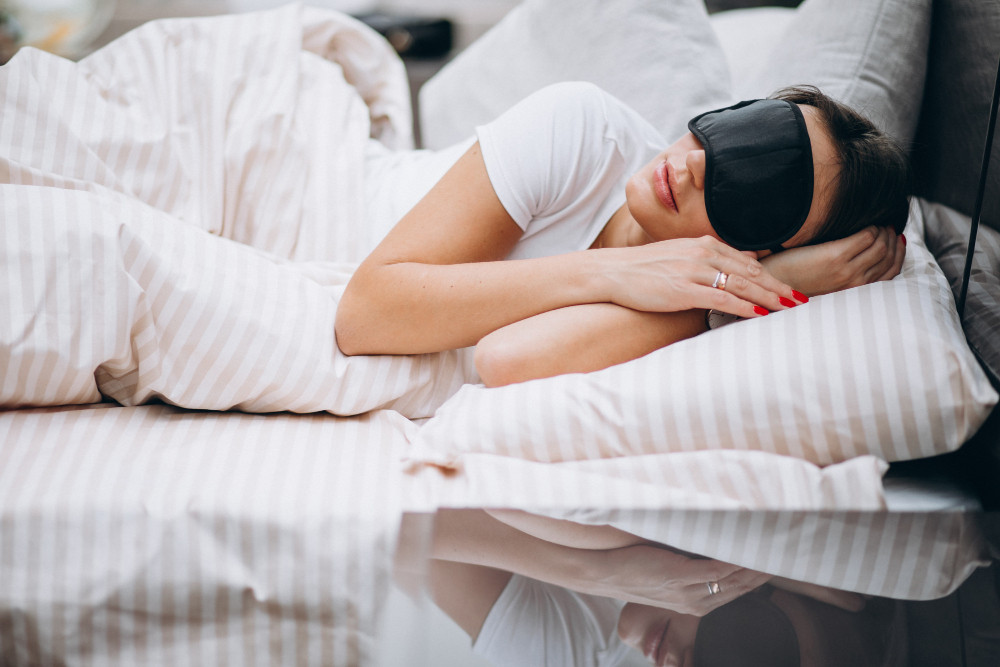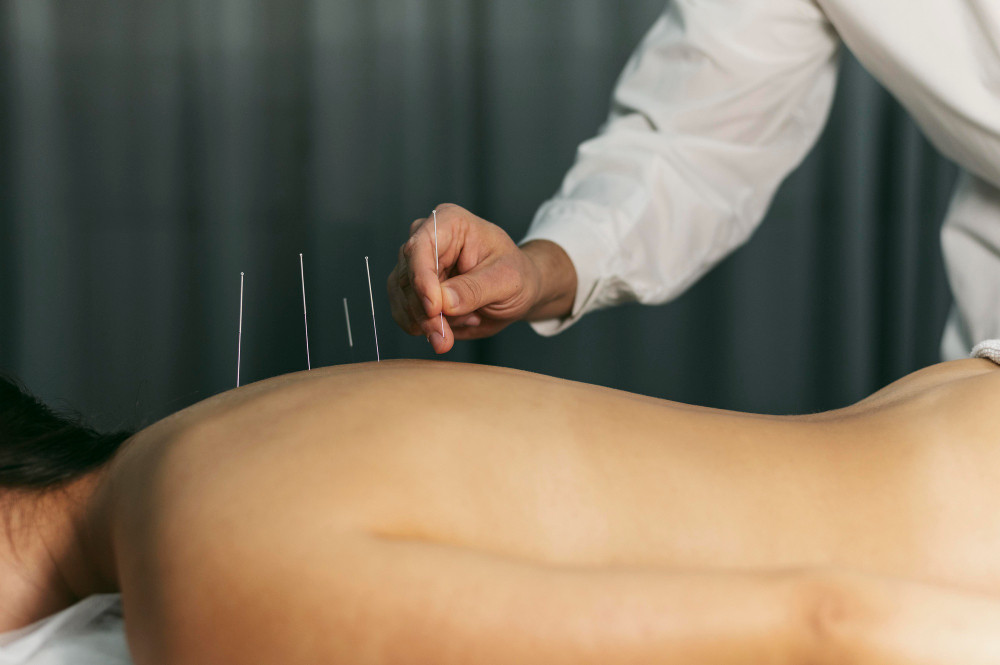Tidur memberikan banyak manfaat bagi kesehatan, di antaranya pemulihan fisik, kinerja kognitif yang lebih baik, suasana hati yang lebih baik, kesehatan jantung, manajemen berat badan, pemeliharaan dan keseimbangan hormon, pemilihan sel-sel tubuh, sistem kekebalan tubuh yang lebih baik serta menjaga kesehatan mental. Namun, tahukah Anda bahwa tidur yang terlalu lama atau berlebihan juga bisa berdampak negatif bagi kesehatan?
Berapa Lama Tidur yang Dibutuhkan Setiap Hari?
Kebutuhan tidur setiap usia bisa berbeda-beda. Menurut para ahli, rata-rata orang dewasa membutuhkan tidur yang berkualitas sekitar 7-8 jam setiap hari. Sedangkan anak-anak atau bayi membutuhkan waktu tidur yang lebih lama.
- Bayi baru lahir 14-17 jam per hari
- Bayi 12-16 jam per hari termasuk tidur siang
- Balita 11-14 jam per hari termasuk tidur siang
- Usia prasekolah 10-13 jam per hari termasuk tidur siang
- Usia sekolah 9-12 jam per hari
- Remaja 8-10 jam per hari
Baca Juga: Cara Mengatasi Sleep Inertia, Kelelahan saat Bangun Tidur Pagi Hari
Kapan Tidur Disebut Berlebihan (Oversleeping)?
Tidur dianggap sebagai tidur yang berlebihan (oversleeping) apabila orang dewasa tidur lebih dari sembilan jam lamanya. Padahal, seperti disebutkan sebelumnya bahwa tidur yang normal untuk orang dewasa adalah sekitar 7-8 jam setiap hari.
Tidur yang berlebihan (oversleeping) kerap disertai tanda-tanda sebagai berikut:
- Tidur kembali setelah alarm dimatikan
- Bangun tetapi tidak bisa bangkit dari tempat tidur
- Bangun dengan sakit kepala
- Selalu mengantuk tidak peduli berapa lama Anda tidur
- Tidak merasa segar setelah bangun tidur
Baca Juga: Bahaya Tertidur Menggunakan Lensa Kontak
Dampak Negatif Tidur Berlebihan (Oversleeping) dan Cara Mengatasinya
Tidur berlebihan bisa berkontribusi terhadap kesehatan, baik kesehatan mental, kurangnya energi, perasaan lemas dan lesu, gangguan siklus tidur alami, gangguan hormon, gangguan pola makan, dan peningkatan risiko kesehatan fisik seperti obesitas, diabetes tipe 2, penyakit jantung atau, bahkan kematian dini.
Karena semua dampak negatif itulah, Anda perlu mengembalikan tidur cukup yang berkualitas dengan cara sebagai berikut:
- Konsisten pada waktu bangun tidur yang telah ditentukan, misalnya segera bangun setelah mematikan alarm dan tidak tidur kembali
- Posisikan alarm di tempat yang mengharuskan Anda berdiri dan bangkit dari ranjang untuk mematikan suaranya
- Berikan motivasi tersendiri mengapa harus bangun pagi dan tidak kembali tidur
- Segera setelah bangun, cuci wajah dengan air dingin dan juga menggosok gigi sehingga Anda merasa lebih segar dan siap beraktivitas
- Bereskan tempat tidur segera setelah Anda bangun
- Berolahraga ringan setelah bangun dan mencuci wajah. Usahakan menikmati sinar matahari pagi untuk meningkatkan kewaspadaan dan kesiapan menghadapi hari
- Pertimbangkan untuk minum secangkir kopi tanpa gula. Kandungan kafein di dalam kopi dapat membantu meningkatkan kewaspadaan
Tidur berlebihan (oversleeping) mungkin dilatarbelakangi kondisi kesehatan tertentu seperti sleep apnea, gangguan mental seperti depresi, sakit yang parah, hipotiroid, atau narkolepsi. Untuk beberapa kasus, Anda mungkin membutuhkan pemeriksaan dan pengobatan dokter agar bisa mengatasi dan mencegah dampak negatif oversleeping. Segera kunjungi dokter untuk mendapatkan pemeriksaan terkait oversleeping atau manfaatkan layanan konsultasi kesehatan daring dengan mengunduh aplikasi Ai Care melalui App Store atau Play Store.
Mau tahu informasi seputar penyakit lainnya? Cek di sini, ya!
- dr. Monica Salim
Cleveland Clinic (2023). Oversleeping: What Is It, Why Is It Happening and How Do I Make It Stop?. Available from: https://health.clevelandclinic.org/oversleeping/
Austin Meadows (2023). Oversleeping. Available from: https://www.sleepfoundation.org/how-sleep-works/oversleeping
Eric Suni (2023). How Much Sleep Do You Need?. Available from: https://www.sleepfoundation.org/how-sleep-works/how-much-sleep-do-we-really-need
US Department of Health and Human Services (2023). Get Enough Sleep. Available from: https://health.gov/myhealthfinder/healthy-living/mental-health-and-relationships/get-enough-sleep











